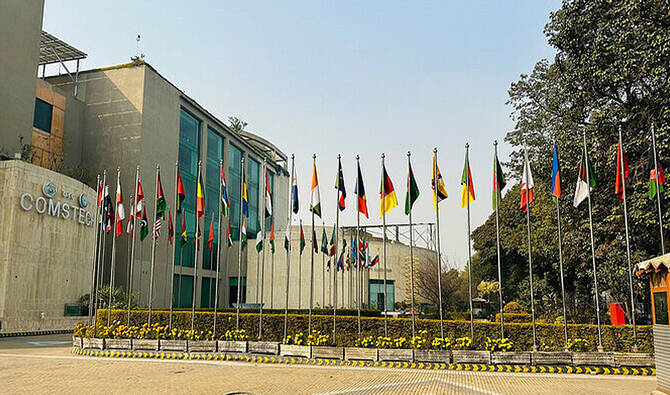ISLAMABAD: Senior Pakistani officials have renewed calls for a unified and cross-sectoral approach to manage the nation’s growing climate-linked health risks, urging accelerated action under the One Health Pakistan initiative, a comprehensive national framework that connects human, animal, and environmental health.
Held at COMSTECH and jointly organized by the Health Services Academy and the Ministry of Climate Change and Environmental Coordination, the high-level meeting brought together representatives from federal and provincial health, environment, and development departments. Key international stakeholders included the World Health Organization (WHO), UN FAO, World Bank, ADB, and the WWF.
The session underscored the urgency of building a climate-resilient health workforce and strengthening integrated response systems for pandemic preparedness in the face of increasing environmental and epidemiological threats.
“We must reaffirm our collective commitment to the One Health Pakistan initiative,” said Federal Parliamentary Secretary for Health Dr. Nelson Azeem. “The challenges we face are interlinked, and so must be our response.”
Experts warned that unchecked pollution, biodiversity loss, and weak inter-agency coordination are accelerating zoonotic disease outbreaks and undermining early warning systems critical for public health protection.
Participants proposed establishing dedicated One Health Units within federal and provincial agencies to coordinate disease surveillance, climate-health planning, and emergency response. These units could be supported through Annual Development Plans (ADPs), the Public Sector Development Program (PSDP), or international pandemic preparedness funds.
In conclusion, stakeholders pledged to move beyond dialogue and implement actionable steps to:
- Improve inter-agency coordination
- Invest in integrated health surveillance systems
- Scale up climate-resilient health planning nationwide
This strategic push marks a significant step toward safeguarding Pakistan’s public health infrastructure against the multifaceted impacts of climate change.



Comments (0)
No comments yet. Be the first to comment!
Leave a Comment